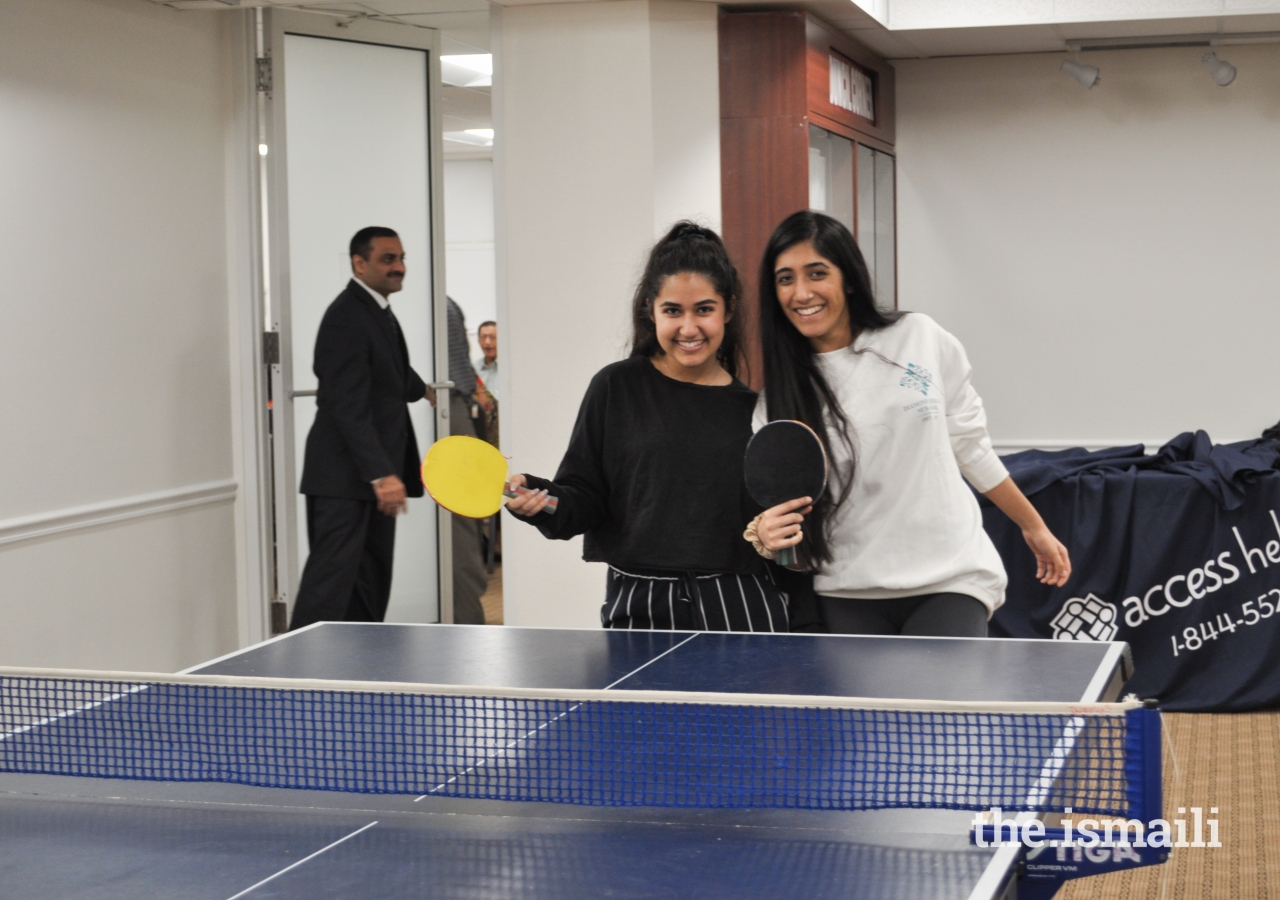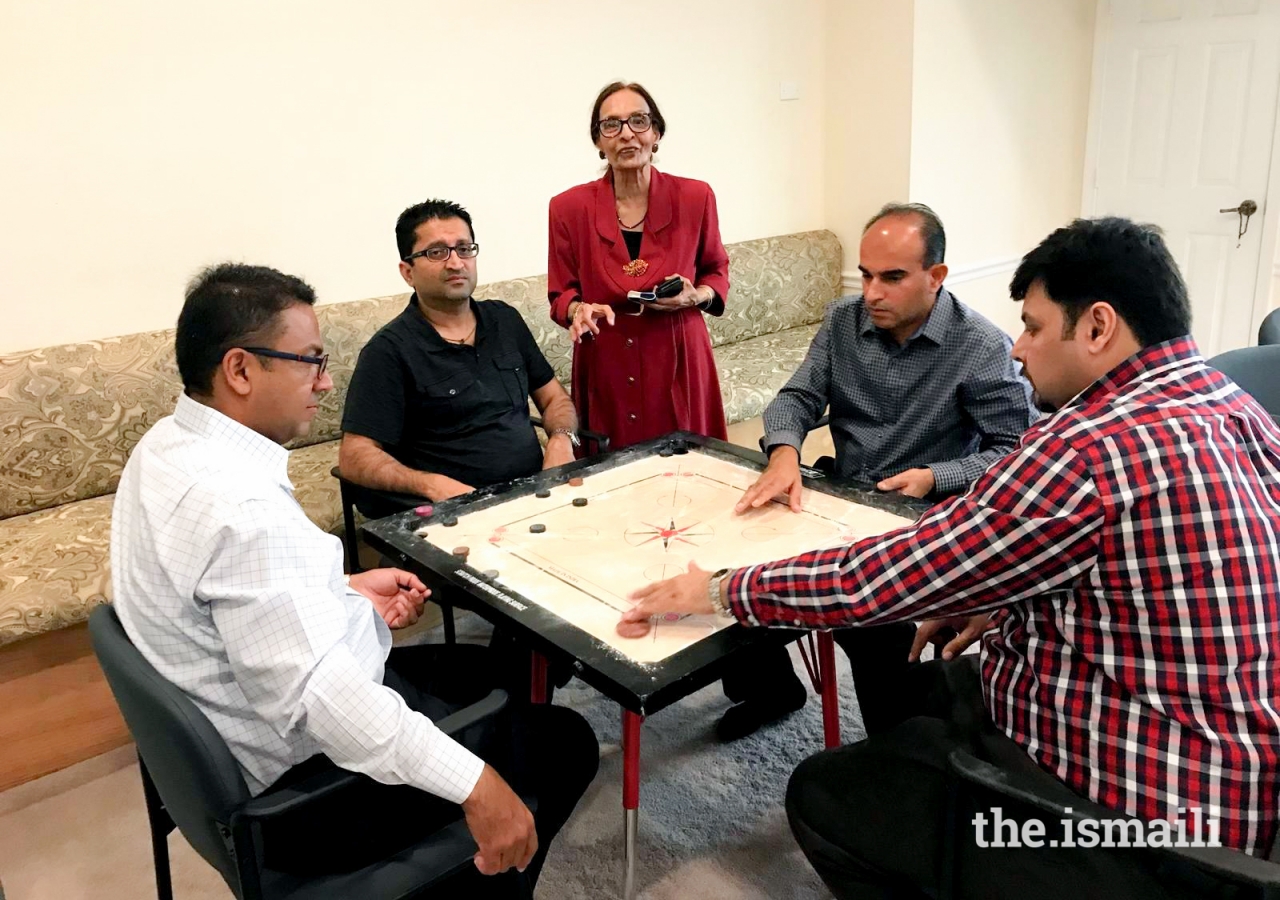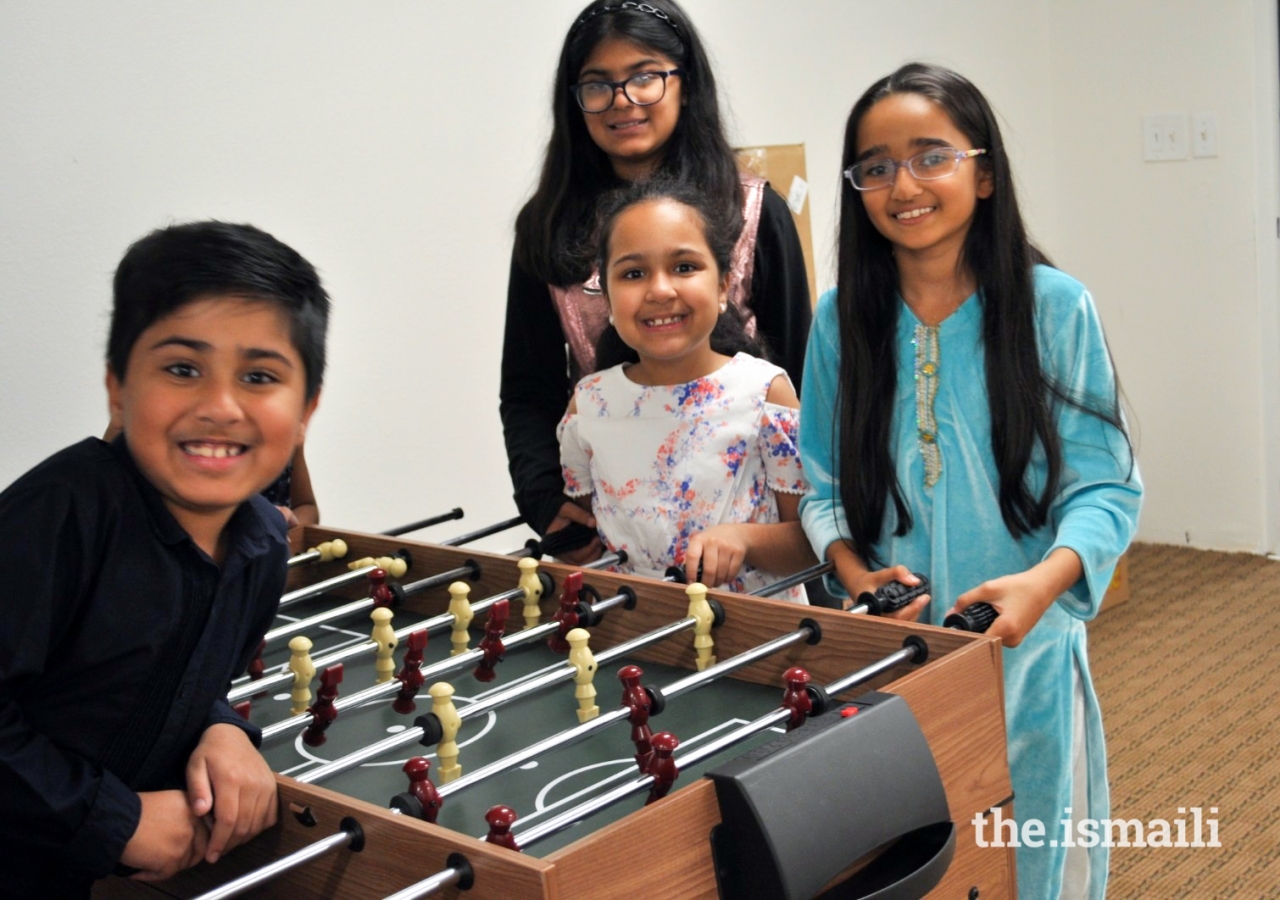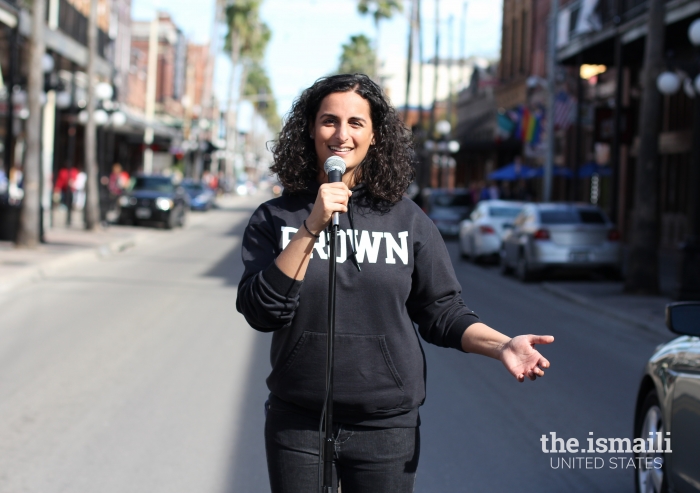Similar programs have been implemented in the past but with low response. However, through the efforts of Aziz Charania, Ayaz Parbtani, and Sameer Chagani, an environment has been created where attendance numbers are increasing. This program is enthusiastically called Game Night and is now held in all the Florida centers.
Game Night, as its name implies, is an occasion where families gather after evening prayers to socialize with other members of the Jamat and engage in activities such as badminton, table tennis, foosball, as well as karaoke and bingo. This is a space where everyone is accepted, and the youth rush to get their homework and chores done earlier so that they can be with friends and community members. With the constant evolution of this program, more advancements are being made to enhance the quality of Game Night.
One such initiative planned is the Table Tennis Clinic. “Anybody can hold a paddle,” said Ayaz Parbtani, “but it takes some coaching to understand the basics of the game, hand/eye coordination and the flow of the game.” These clinics will equip our youth with skills that are a competitive advantage outside the community, and maybe even the know-how to start something similar in their schools in which the larger community can benefit.
“My son often says that he would rather be in Jamatkhana,” says Aziz Charania, one of the lead organizers. Game Night is creating more connections between families and within families. When asked about the secret to the success of this program, Sameer Chagani attributed it to great teamwork, “We are all really good friends, and we are all equally in charge,” he says.
An interesting benefit of this program is the mental health of the youth. Even though it may seem as if it takes attention away from “homework time,” studies have shown that community activity greatly benefits the youth. According to a 2015 publication in Behavioral Sciences, from Andrews University, students’ grades increased by 12%, and their civic knowledge increased by 16%, while dramatically reducing their chances of earning D’s or F’s (50%).
With this unique initiative to have families come together, and by utilizing current technologies like WhatsApp and video games, a simple idea has evolved into a dynamic concept that beckons families to come to Jamatkhana more regularly, and participate in various activities, as well as create a sense of belonging and healthy competition.










